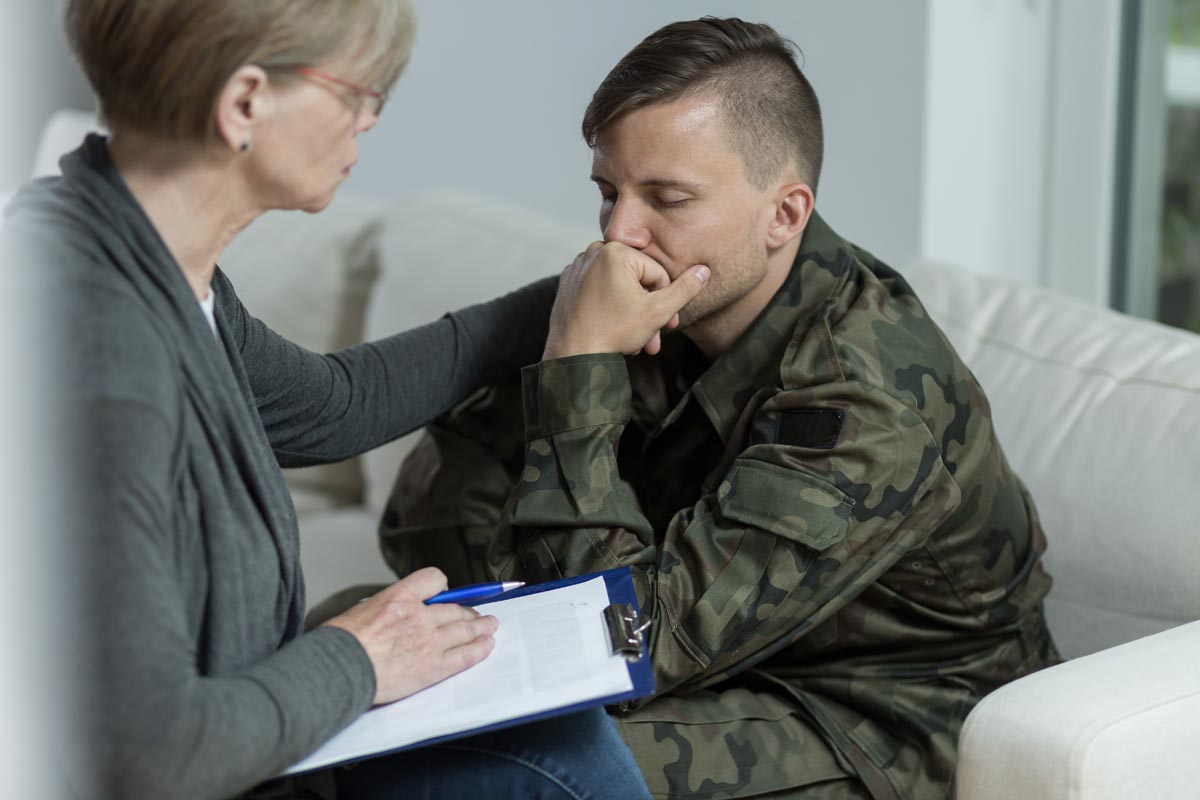
In the last weeks of May, we covered what we believe to be some very important topics. Post-traumatic stress disorder (PTSD), co-occurring mental health disorders and keeping your recovery intact during the Memorial Day holiday weekend. Regarding PTSD, we discussed what is at stake for individuals whose condition is left untreated, specifically substance abuse and suicidal ideations. Many veterans who have such thoughts make attempts on their own lives and many of those individuals succeed. With that in mind, it is of absolute importance that everyone showing signs and symptoms of post-traumatic stress be encouraged to seek assistance—without fear of social stigma or professional consequence. If you are looking for veteran disability benefits, you should find a recommended increase va disability attorney Kentucky to help you
in your pursuit. At this point, if you are regular reader of this blog, you may be wondering, ‘why all the talk about post-traumatic stress?’ Other than the fact that the disorder is quite common among addicts and alcoholics from all walks of life—military background or not. And given that without a concerted effort to treat both the addiction and the co-occurring mental illness concurrently, recovery is next to impossible; June is PTSD Awareness Month and the 27th is PTSD Awareness Day.
Throughout the course of the following month there will be events held across the country to promote wellness among those affected by this most serious mental health disorder. Even though the Veterans Affairs Department having resources available for the afflicted to access treatment, the majority do not utilize it. A relatively recent study from the RAND Corporation found that 50 percent of veterans who have PTSD do not seek help, of those that do accept treatment, only half of them get “minimally adequate” treatment.
Encouraging Treatment
It should go without saying that the statistics cited above are wholly unacceptable. People who put life and limb at risk for a cause should be afforded the best treatment possible. And everything that can be done, should be done to encourage those who are reluctant to seek help. No easy task, to be sure, yet it is still a goal worth working towards.
“Greater understanding and awareness of PTSD will help Veterans and others recognize symptoms, and seek and obtain needed care.” – Dr. Paula P. Schnurr, Executive Director of the National Center for PTSD.
During the month of June, please join 10 Acre Ranch in the effort to break down the stigma that has surrounded mental illness for too long. Treatment works, it is available, but those who are suffering from any form of mental health disorder need reassurances that they have the support of their community when they make the brave step to recover. There are number of things you can do to propagate the value of seeking treatment, and continued maintenance.
If you click here, you will find a number of materials that can be shared on the various social media platforms in your digital quiver. Once there, you can find information on hosting your own event to further the cause. Below is a short PSA titled, “I have PTSD,” that can be shared on Facebook, Twitter et. al:
If you are having trouble watching, please click here.
“Raising PTSD awareness is essential to overcoming the myth, misinformation and stigma surrounding this mental health problem” said the former Secretary of Veterans Affairs, Robert A. McDonald. “We encourage everyone to join us in this important effort.”
PTSD Treatment
If you are male, or have a loved one who is struggling with untreated PTSD along with an alcohol or substance use disorder, please contact 10 Acre Ranch. Drugs and alcohol may, for a time, calm some of your post-traumatic stress disorder symptoms, but in the long run mind-altering chemicals only make the symptoms worse. And they can actually make the afflicted more reluctant to seek help. Which is why we implore you to seek assistance before the condition worsens and the symptoms lead to irreversible decisions.
Recovery is not an easy task. The road will be trying, but it will be worth it. You can reach out to our treatment center 24 hours a day, 365 days a year. We are here to help.






